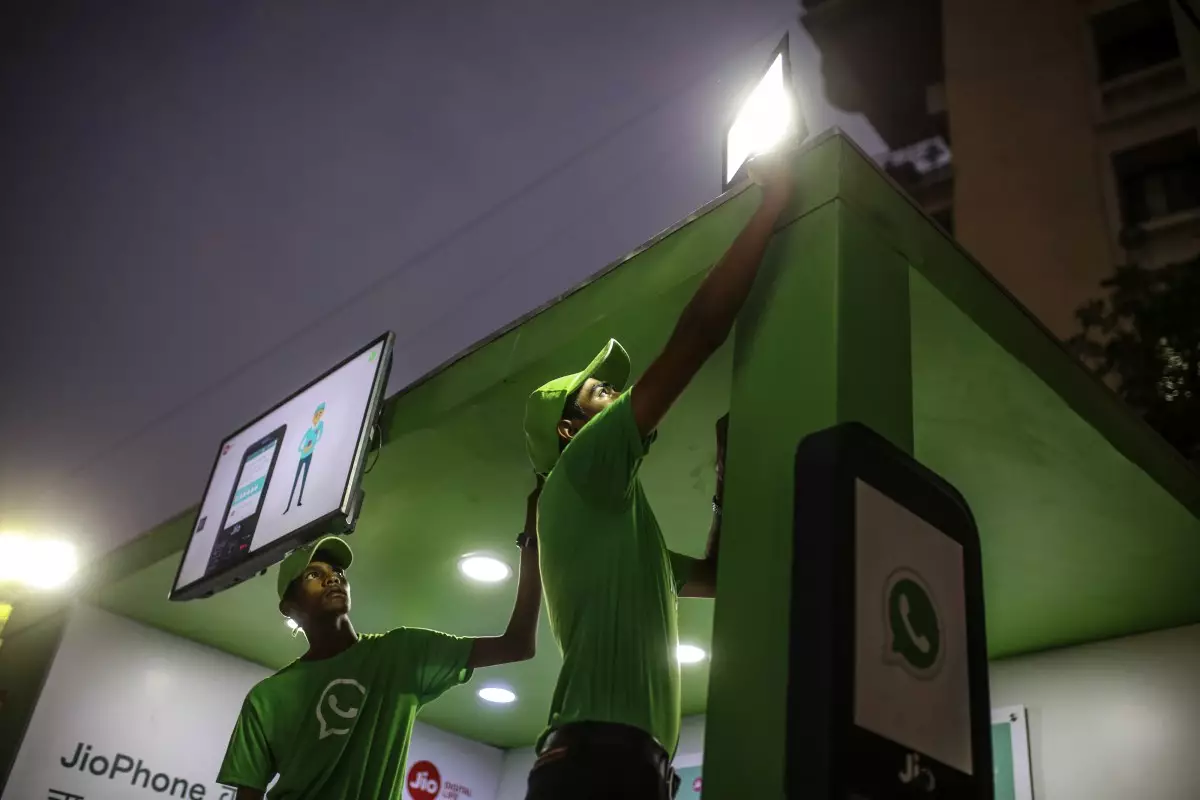The recent lifting of restrictions on WhatsApp’s payment service in India marks a pivotal moment for Meta and its ambitions within the fintech ecosystem. As Meta Corporation seeks to cement its presence in the Indian market—home to over 500 million WhatsApp users—the approval from the National Payments Corporation of India (NPCI) to broaden WhatsApp Pay’s rollout presents both opportunities and challenges in an already competitive landscape.
Historically, the NPCI’s cautious stance regarding WhatsApp Pay’s expansion was characterized by stringent limits on user access. Initially, the service was restricted to 40 million users in 2020, before being increased to 100 million users in 2022. These restrictions were a reflection of the NPCI’s intent to ensure an even playing field within the digital payments sector dominated by established players like Google Pay and PhonePe, which collectively command over 85% of the UPI transaction market share.
The recent decision by the NPCI to permit WhatsApp to fully launch its payment service removes the last vestiges of these restrictions. This not only showcases a shift towards a more aggressive regulatory approach but also highlights ongoing concerns regarding market concentration—especially given that India’s Unified Payments Interface (UPI) processes an astounding 13 billion transactions monthly.
While WhatsApp’s entrance could usher in a new wave of innovation and competition, critics have voiced concerns over a fragmented marketplace. With WhatsApp now free to compete effectively, there are apprehensions regarding its potential to disrupt existing relationships and power structures among India’s fintech titans. On the same day as the announcement, NPCI delayed implementing a previously proposed 30% cap on individual app transaction shares until December 31, 2026. This decision further complicates the competitive dynamics, allowing established players to bolster their market presence before facing potential limitations.
In response to the announcement, a WhatsApp spokesperson underscored the brand’s commitment to making payments “simple, reliable, and secure.” The focus on integrating user-friendly features such as bill payments, ticket bookings, and shopping signifies WhatsApp’s strategy to enhance usability and consumer engagement. By anticipating user needs within India’s diverse economic fabric, WhatsApp is not just adopting a reactive stance but also a proactive approach aiming to redefine customer expectations in financial transactions.
As WhatsApp positions itself at the vanguard of India’s digital payment revolution, the landscape will undoubtedly undergo significant shifts. The removal of restrictions not only affirms WhatsApp’s potential to reshape the financial services sector but also carries implications for regulatory frameworks and competitive practices. Stakeholders—ranging from consumers to rival fintech companies—must brace for a future where WhatsApp’s innovations could redefine convenience in every transaction. As we move forward, observers of the digital payments ecosystem will keenly monitor how this evolution unfolds, and whether it translates into tangible benefits for the end-user.

